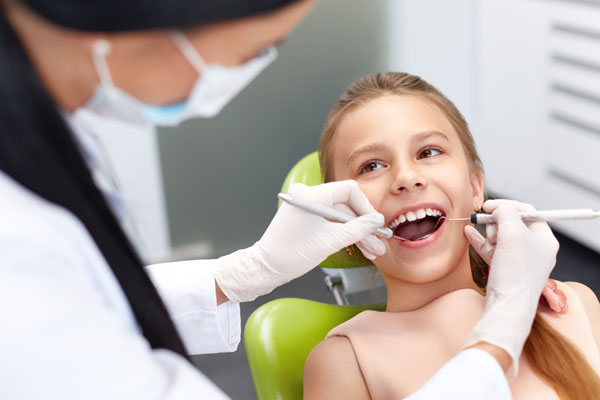

I often get asked this question by worried parents.
The other popular question is;
“Aren’t they going to fall out soon anyway?”.
A child’s baby teeth (or deciduous teeth) start erupting from 6 months until 3 years of age. These baby teeth are slowly replaced by adult teeth,(permanent teeth), from age 6 until age 12.
If a child gets a ‘hole’/decay/caries in one of their baby teeth it is just as painful as it is for an adult. They will get pain whenever they eat something sweet, cold or hot depending on the size of the hole. They may not be able to tell you what is happening but they can be very distressed. So first and foremost this is why we treat decay in baby teeth. We just don’t want our children in pain, particularly when there is something we can do about it.
Decay is infection of the teeth just like infections in other parts of the body. If this decay is left untreated there are several possible consequences: decay can spread to adjacent teeth, which can lead to increasing pain, or the formation of an abscess or swelling.
If baby teeth need to be removed prematurely, due to an abscess, this can then lead to other problems. Incisor teeth (front teeth) lost prematurely can sometimes result in speech problems, as these teeth are important for forming sounds when talking.
When baby molar teeth (back teeth) are lost prematurely it can lead to a loss of space for the future adult teeth. This can lead to crowding later as the adult teeth don’t move into their correct positions. This can be an expensive problem to fix with orthodontics.
Many of these complications can be prevented by commencing regular check ups, early, before these problems have a chance to develop.
